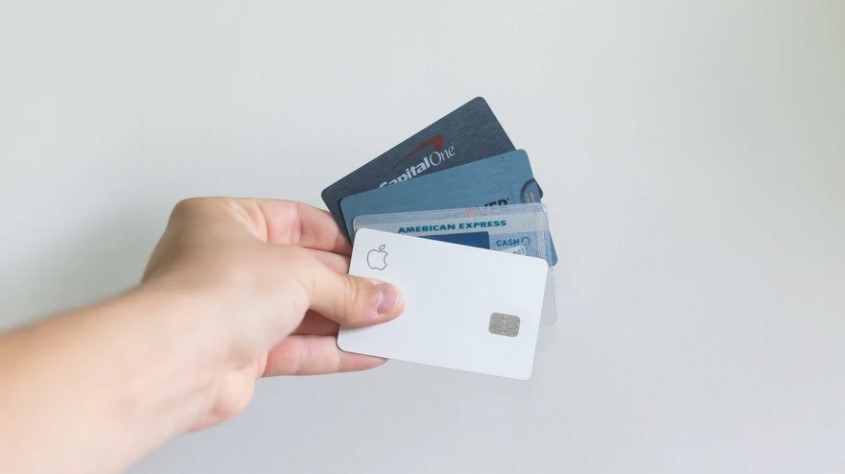How Much Debt Is Too Much Debt? What to Do When Your Loans Are Piling Up

Debt
The national debt in America is over $27 trillion, and it’s only getting bigger. From student loans to missed mortgage payments, millions of people throughout the country struggle to stay on top of their finances.
While debt does not have to prevent you from financial security, it becomes problematic when the majority of your income is dedicated to paying back loans.
If your home is at risk or you are being sued for not paying creditors or lenders, then it’s time to explore your options for recovery.
Explore Refinancing
Many loans can be refinanced for lower monthly payments and/or reduce interest rates at the expense of extending the term duration.
There are many benefits to refinancing, such as having greater control over your repayment schedule, saving money per month, and possibly avoiding more extreme measures of debt recovery.
You can choose to refinance with the same lender or switch to another. You’ll typically receive lower fees and shorter-term agreements than you will by choosing another lender, but it’s best to compare free quotes before making a final choice.
Although the thought of staying in debt for longer is understandably disconcerting, you can actually benefit more by lowering monthly payments and wind up with greater financial security through refinancing.
Consider Bankruptcy—Cautiously
Speak with a bankruptcy attorney before you make any major decisions about your financial future.
It is difficult to navigate the bankruptcy process alone, and desperation can cloud your better judgment when debt has become unmanageable and you are facing financial ruin.
A bankruptcy attorney can provide legal counsel on your particular situation and let you know whether you should file bankruptcy and whether you should file Chapter 7 or Chapter 13.
The general rule of thumb is to not file bankruptcy for any amount of money you could pay off within the next five years.
However, there are cases where filing for bankruptcy can save you from long-term loans you’ve fallen behind on, like a mortgage.
Stop Relying on Credit Cards
Your credit utilization (debt-to-balance ratio) impacts your credit score and makes it even harder to gain financial independence.
You should choose one or two credit cards that you will use to pay bills and cover living expenses.
If you have too many credit cards and are unsure how to pay them off or avoid fees and reduced limits from lack of use, then it’s wise to speak to a credit counseling agency.
Although it may feel like you’re trapped in an endless cycle of debt and repayment, there is hope.
With an open mind and the right tools, you can develop goals and find your way through one step at a time.
Category: Debt




